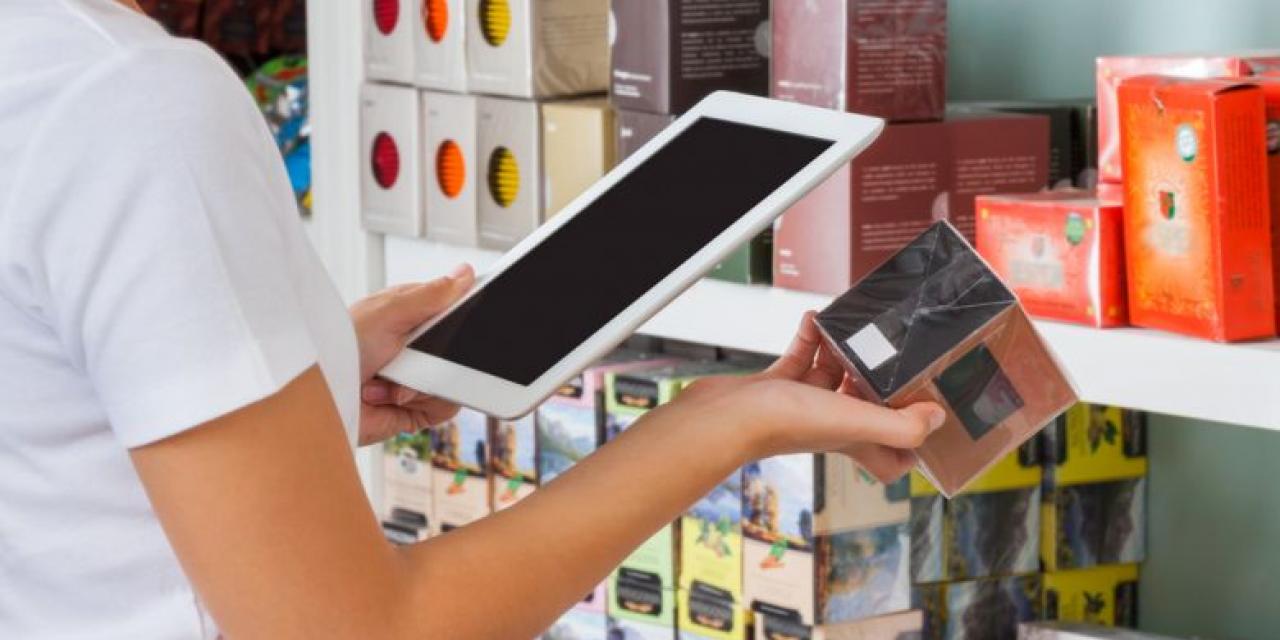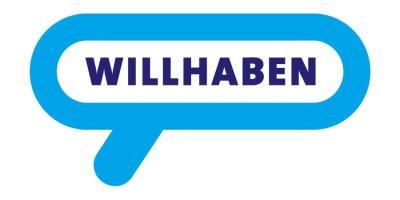Hotels, electronic devices, insurances, cars and prices - almost nothing that can't be compared on online platforms. A study on behalf of the EU Commission and conducted by Ipsos, London Economics and Deloitte, shows problems regarding this area.
Comparison platforms and apps are very popular among consumers. 74% of the European consumers already used such services and 40% use them at least once a month. Comparison tools that appear on top of the list at search engines and provide user reviews and reports are more likely to be successful than others. Another crucial factor is the possibility to compare prices.
According to the study, there are 1042 comparison tools (910 websites and 132 apps) within the EU. 84% of them are provided by private entrepreneurs.
Less than half of all examined comparison plattforms share information regarding...
- ...the mechanism behind their product rankings
- ...the sources of their data and how often it is updated
- ...if or what kind of partnerships they have with companies and
- ...how they are financed.
Furthermore, only 11% of the comparison tools give contact details and 34% state whether they have a complaint handling procedure or to whom consumers with complaints can turn to.
Recommendations of the study
This lack of transparency is a huge deficit in terms of consumer protection. The authors of the study appeal to improve the enforcement of existing EU regulations, like Directive 2005/29/EEC regarding unfair commercial practices or the Consumer Rights Directive, to comparison platforms and apps. They also propose "Best Practices" with which providers could improve their offer:
- Transparency regarding the business model and clear identification of advertisments
- Indication on market coverage as well as on the source of data
- Information regarding the performance of comparisons and the criteria for rankings
- Precise, up-to-date and complete data and prices
- Provision of contact details
- Availability of a complaint handling policy and redress mechanisms
Lack of clarity among consumers
ECC Austria often receives complaints of consumers who booked a flight or hotel or purchsed goods and got surprised by additional costs or were confronted with other problems afterwards. Within this context it became clear that many consumers are not aware of the difference between a comparison portal that only provides information regarding prices and e.g. the flight connection or hotel, and the actual provider of the product and service.
In most cases, users are forwarded by the comparison tool to the website of the trader or to an online travel agency, where the actual booking or purchase is being handled. Contractual partner of the consumer is therefore not the comparison tool but the trader or travel agency. In case of unexpected costs, problems regarding the flight, hotel or purchased goods, the trader or travel agency is the right contact point for complaints.
The exception proves the rule: If the comparison tool made wrong statements to the consumer or forwarded false data regarding the consumer to the trader, the provider of the comparison tool has to bear the responsibility for his mistakes.









